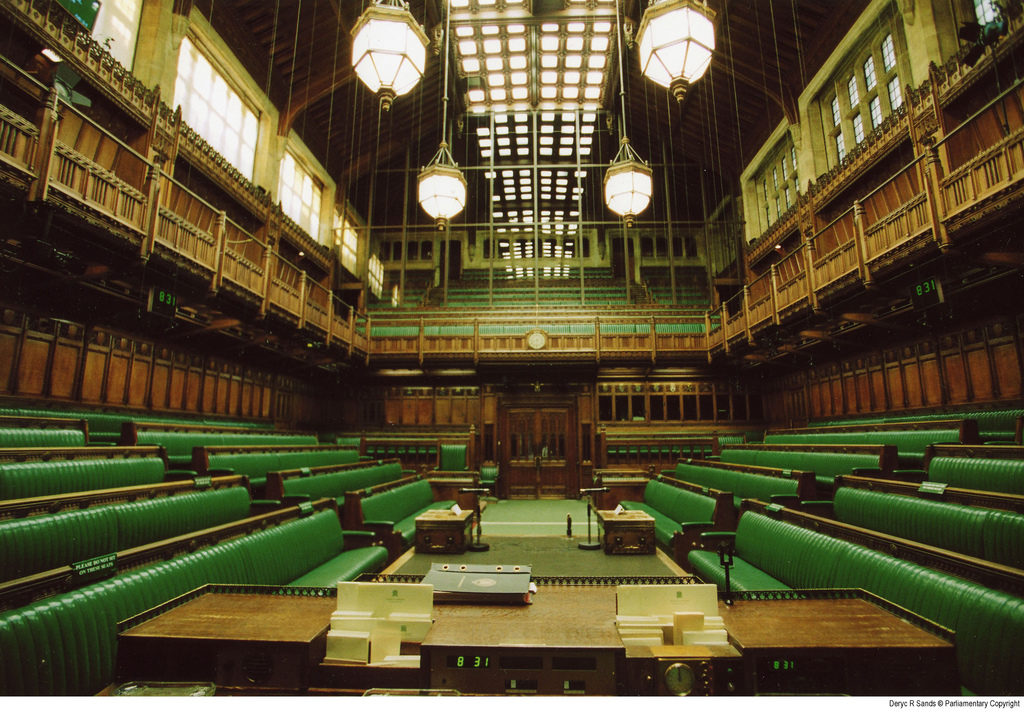
Abuse, harassment, inappropriate behaviour. It’s been in the news a lot lately, particularly in relation to Parliament and politicians. Accusations range from the extremely serious, such as rape, to the relatively minor, such as an inappropriate touch on a knee.
I don’t particularly want to comment on the more serious allegations, not least because there’s a strong possibility that these will end up involving the police and CPS and thus become sub judice. And, also, I don’t think anyone would argue that rape is OK, or that people should have to put up with it. The issue in the specific case reported by Labour activist Bex Bailey is more about the way it was covered up rather than any attempt to justify or trivialise it.
There is, though, a repeated meme on social media that many of the lesser allegations are just mischief-making, and that they represent nothing more than everyday behaviour that people should just be robust enough to cope with.
I disagree, although I do accept that there’s a reasonable point to be made there. And, more importantly, not all supposed misbehaviour is, in fact, abusive.
I’m sure many people will have seen the so-called “sex pest spreadsheet” that has been circulating in various media outlets. In reality, much of the behaviour listed there is entirely normal and consensual (and, indeed, has already been widely reported in the media with no adverse comment).
Other inclusions seem more prurient than principled. I, for example, would not take part in what are euphemistically known as “golden showers”, but it is not for me to judge those who do. Equally, having “odd sexual ponchants” (sic) is only of significant concern if the particular oddity is that they are abusive. Otherwise, it’s a matter for those concerned, not for the authorities. Politicians have always been prone to affairs, but, while that may be an issue for their spouses, it is not really abusive in the wider sense.
However, some of the things on that list are abusive or inappropriate. And, where they are, they do need to be addressed. And they can’t simply be dismissed as trivial or unimportant.
This is where I take issue with those who say that what’s described in the spreadsheet as being “handsy” is too commonplace and trivial to care about, and that people should just develop a thick enough skin to brush it off.
To be sure, it is commonplace. And people who have to work in that kind of environment do develop thick skins. But that doesn’t make it right, or acceptable.
When I was at school, it was commonplace to describe people with darker skin tones as “P*ki” or “n*gger”. It didn’t really seem to bother the one black kid in my circle of friends, so presumably he had developed a thick skin about it. But that didn’t make it right then, and it wouldn’t be acceptable now.
Repeated inappropriately sexual behaviour, even low-level, is the same. It may well be commonplace. And, for a long time, it has been tolerated as normative and those who suffer from it have been expected to simply lump it.
But we are better than that now. We hold ourselves to a higher standard, and we have a right to hold others to a higher standard.
This is the real point here. Individual allegations of inappropriate behaviour come and go. Not all of them may be justified. Some may be mistaken, others may be malicious. We should never simply assume that every complaint is automatically credible and true. But, nonetheless, we should not tolerate an environment where abusers routinely get away with abuse simply because nobody else calls them out on it.
That doesn’t mean people can’t flirt, or engage in consensual behaviour. It simply means stopping to think about whether an action or comment is appropriate before moving the hand or opening the mouth.
It is not abusive just to have different sexual preferences to the majority. It isn’t abusive to have a consensual relationship with a colleague. It isn’t necessarily abusive, in the more general sense, to sign up to websites like Ashley Madison. It isn’t abusive to misunderstand someone’s intentions. Anyone can make a mistake occasionally, and misinterpret someone else’s actions as an invitation to more intimacy than was intended. I’ve sure we’ve all been there.
But when someone develops a reputation for being “handsy”, or “not safe in taxis”, or when multiple people report similar “misunderstandings” then it’s not just a simple mistake, or a different perspective on sexuality, but a pattern of behaviour. When someone refuses to accept there is even an issue, but instead accuses all allegations of being false, then that is a problem. And that needs to be challenged, no matter how important or senior the perpetrator. Staying silent, or trying to discredit those who do speak out, is just giving a green light to abuse.
Image credit: The House of Commons Chamber. Image from UK Parliament; licence: CC BY-NC-ND 2.0
